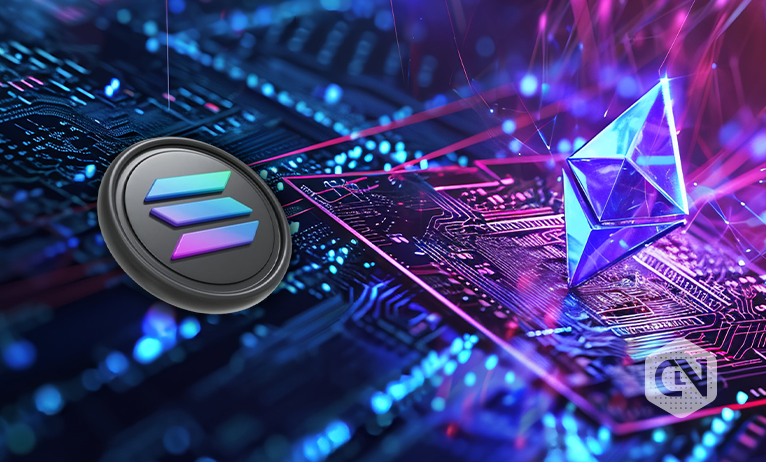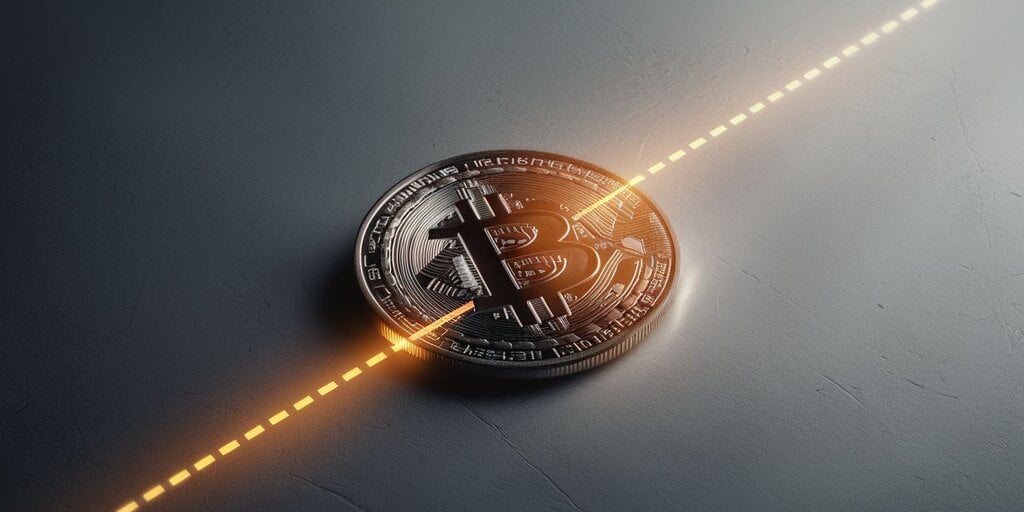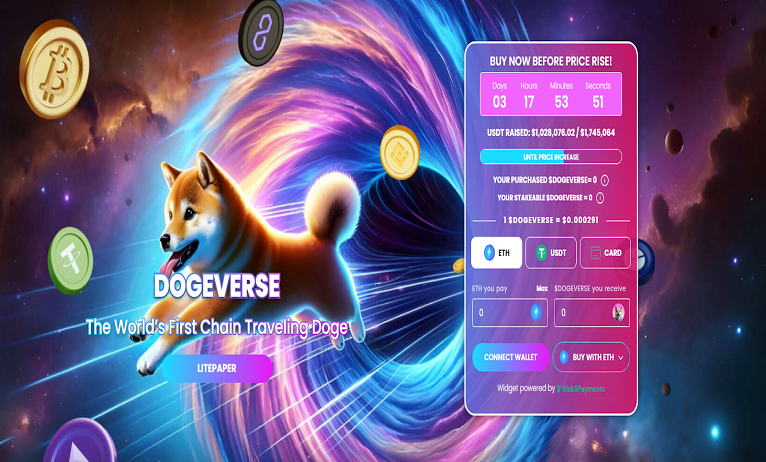Enhancing Efficiency on the Solana Network
The Solana network is currently facing challenges due to a high volume of unnecessary transactions, resulting in a decrease in transaction speed. Developers are actively working on implementing software upgrades and improvements to alleviate this bottleneck.
Congestion Woes
Over the past month, the Solana network has experienced significant slowdowns, causing delays in transaction processing and even leading to transactions being left unprocessed. Applications such as the Phantom wallet have notified users about these congestion issues, urging them to be patient as transactions may take longer than usual to complete.
The primary reason for the network’s poor performance is the influx of spam transactions, where automated bots attempt to prioritize their transactions over legitimate user transactions. The situation has been exacerbated by the viral popularity of meme-based cryptocurrencies, overwhelming the network and hindering users from successfully completing their transactions.
In early 2024, there was a notable surge in meme coin activities on the Solana blockchain, along with the creation of new tokens on decentralized exchanges reaching a peak. While this influx of new users brought about by the attraction of low transaction costs has been beneficial for the network, the excessive spam transactions have posed a significant challenge to its efficiency.
Developing Solutions
Solana developers are actively working on solutions and continuous software upgrades to address the congestion issues. Co-founder Anatoly Yakovenko has acknowledged that while progress is being made, it will take some time to fully resolve the problem. Austin Federa, a strategy lead at the Solana Foundation, has assured users that efforts are being made to address the sudden increase in network traffic, with bug fixes expected to be implemented in the coming week to alleviate congestion.
Furthermore, the congestion could have implications for the network’s infrastructure, necessitating changes in user interactions with the blockchain. Anza from Solana’s Agave validator client is set to release an updated code version to address QUIC implementation bugs, with a focus on enhancing system performance and throughput under heavy loads.
The upcoming April release of the software update will concentrate on transaction processing improvements, aiming to streamline network complexity and enhance processing speed, ultimately leading to more efficient operations on the Solana network.
Another notable development is the implementation of priority fees, a feature that many applications on Solana have not yet integrated. To enhance user experience, dynamic priority fees suggested by Solana Labs will be adopted by decentralized applications (dApps) to ensure smoother transaction processing, as outlined in a blog post from March.
Image/Photo credit: source url





